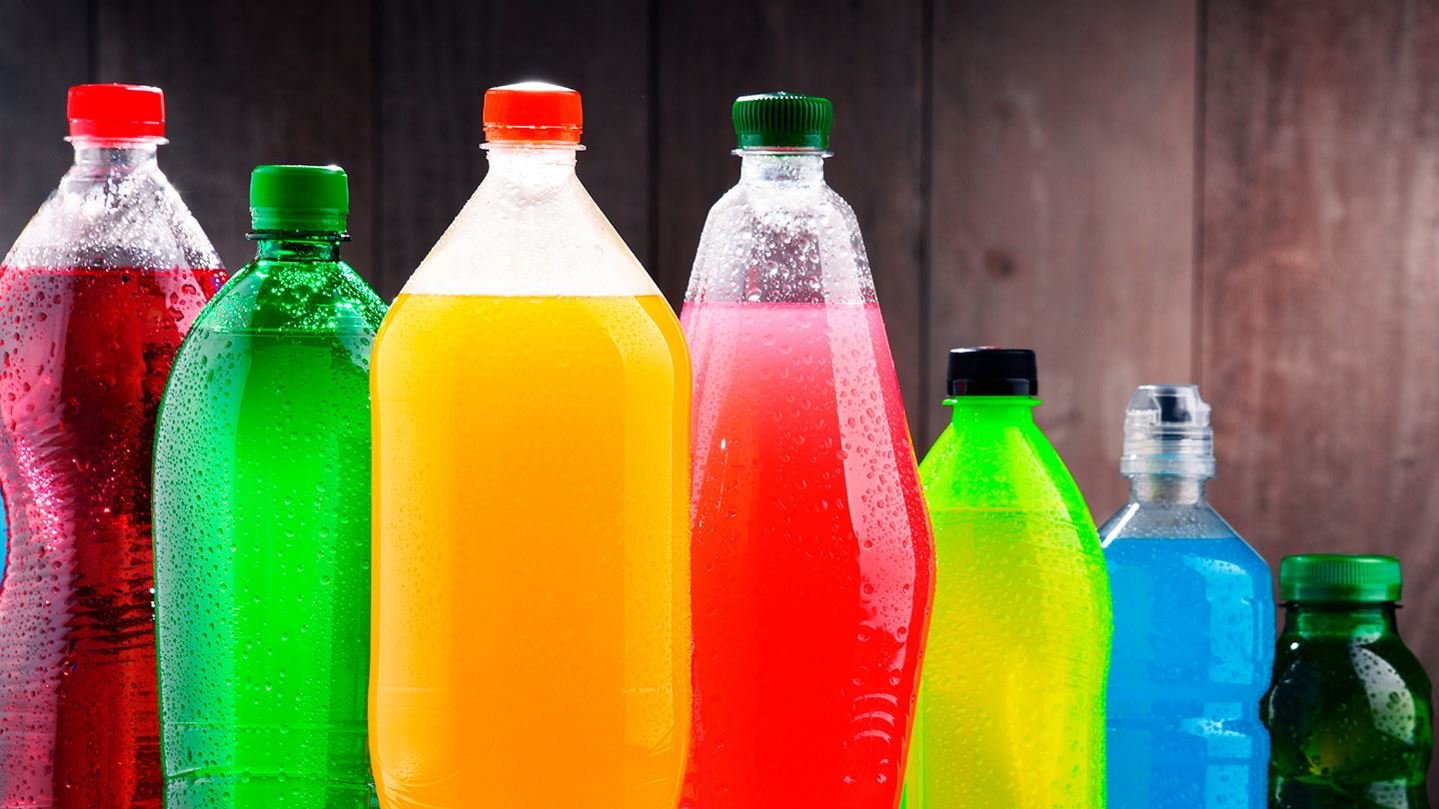
Liquid Food and Beverage Products
Food items: Beers, Carbonated Soft Drinks, Ciders, Cordials, Fruit & Vegetable Juices, Lagers, Liqueurs, Liquid Yoghurt, Milk, Mineral Waters, Oils, Spirits, Wines, other items
Recommended gas
100% N2
Carbonated soft drinks:
100% CO2
N2 sparging, whereby gaseous N2 is bubbled through liquid food and beverage products, is used to reduce dissolved O2 concentrations.
The gases and mixtures listed above are for general guidance. To identify the optimum gas for your product and process, we recommend you undertake a product trial, with the help of an Air Products MAP gas specialist.
Storage temperature
Recommended: Ambient
Exceptions: Fruit juices, liquid yoghurt, milk, vegetable juices:
Legal maximum*: 8° C
Recommended: 0° C to + 3° C
Achievable shelf-life
In air:
• Milk: 3 days
• Fruit juices, vegetable juices: 1 week
• Liquid yoghurt: 10 days
• Carbonated soft drinks, ciders, cordials, lagers, liqueurs, mineral waters, spirits, wines:
6 months
In MAP:
• Milk: 4-7 days
• Fruit juices, liquid yoghurt, vegetable juices: 2-3 weeks
• Beers, carbonated soft drinks, ciders, cordials, lagers, liqueurs, mineral waters, spirits, wines: 1 year
Principle spoilage organisms and mechanics
Fruit juices, liquid yoghurt, milk, vegetable juices: Lactic acid bacteria, Streptococci species, Bacillus species, yeasts and moulds, souring of milk, physical separation.
Other products: yeasts and moulds, oxidative off-flavours.
Food poisoning hazards include
Listeria monocytogenes, Staphylococcus aureus
Typical MAP machines
Liquid food and beverage products are not packed on Typical MAP machines but on specialised filling equipment with in-line N2 sparging capability.
Typical types of package
Retail: Typical retail packages include cartonboard gable-top containers, glass and plastic bottles, aluminium and steel cans.
Examples of typical MAP materials
Retail
• Glass
• Plastic
• Aluminium
• Steel
• Catonboard
The principal spoilage mechanisms affecting perishable chilled fruit juices, liquid yoghurt, milk and vegetable juices are microbial growth and physical separation. Souring is also a principal spoilage mechanism for milk. Ambient stable beverages, such as beers, carbonated soft drinks, ciders, cordials, lagers, liqueurs, mineral waters, wines, and spirits, are also prone to selected microbial spoilage and some from oxidative off-flavours.
Perishable chilled fruit juices, liquid yoghurt, milk, and vegetable juices can support the growth of food poisoning bacteria such as Listeria monocytogenes and Staphylococcus aureus. Consequently, it is recommended that strict control over temperature, hygiene and handling be maintained throughout. Liquid food and beverage products are not packed on typical MAP machines, and the types of package typically used include cartonboard containers, glass and plastic bottles, aluminium and steel cans, kegs, barrels, and stainless steel tanks. N2 and/or CO2 sparging, whereby gaseous N2 and/or CO2 is bubbled through liquid food and beverage products, is used to reduce dissolved O2 concentrations. Such gas sparging is commercially used for carbonated soft drinks, beers, lagers, mineral waters, fruit juices, etc, and could be beneficial for other liquid food and beverage products.
* The Food Safety (Temperature Control) regulations 1995 states that the maximum Storage temperature for chilled perishable foods is 8°C. There will be flexibility to vary this when scientifically justified. For legal temperature storage requirements, please contact the Campden BRI.